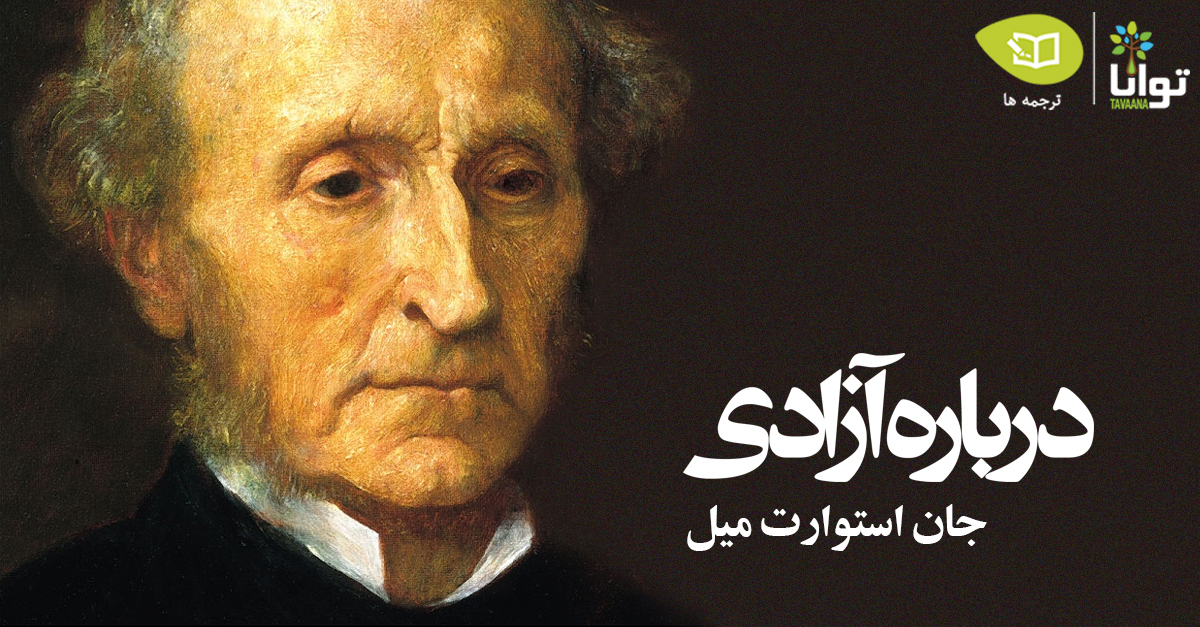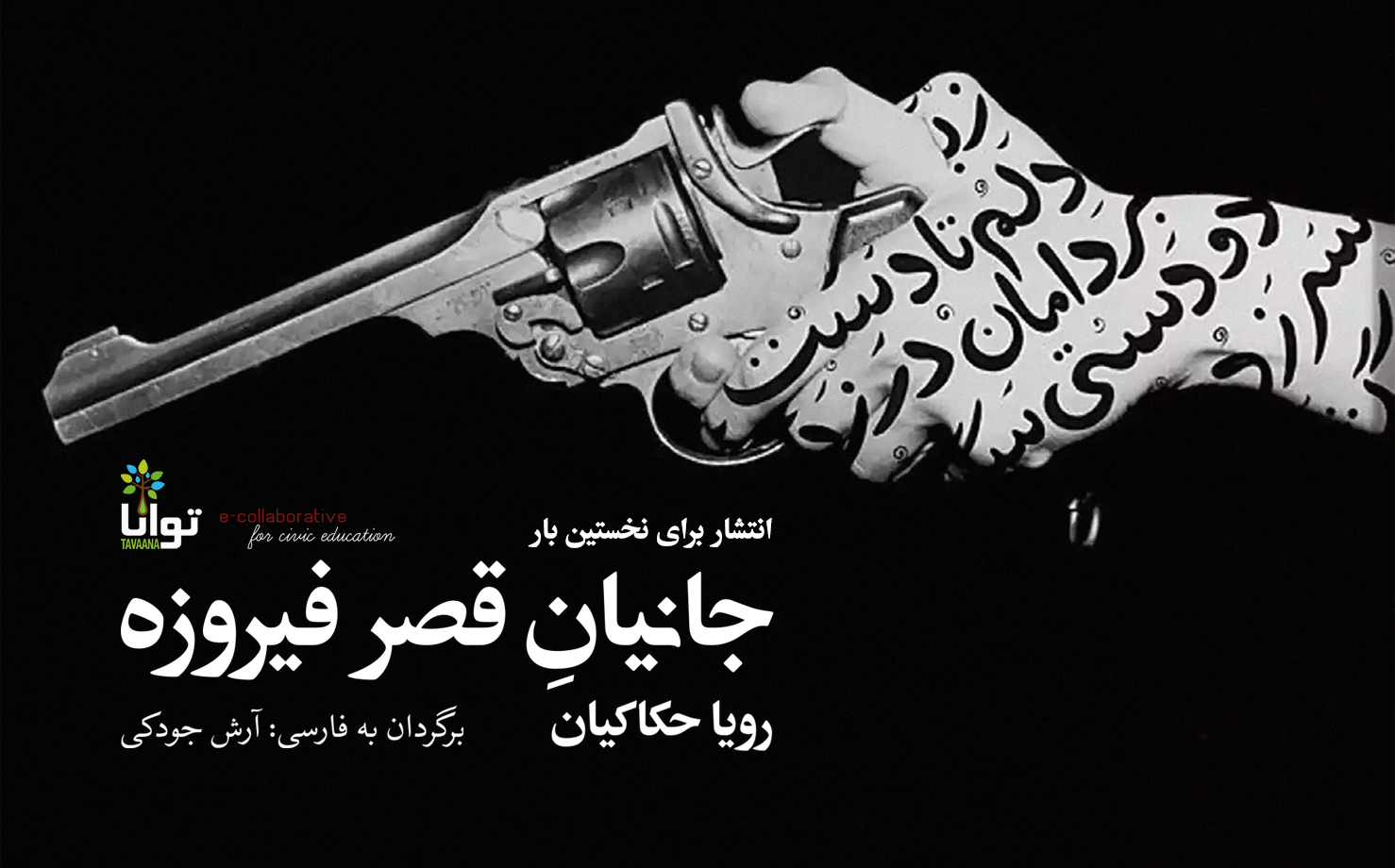John Stuart Mill (1806-1873) is Perhaps the Most Celebrated English Theorist of Democracy in Modern Times. The Precocious Son of a Famous Theorist of Utilitarianism, James Mill, John Stuart Mill Earned His Living as an Examiner for the East India Company, but His Intellectual Life Dwarfed This Career. Mill Based His Defense of Democratic Liberty on Utilitarian Grounds, Arguing, Among Other Things, That Freedom of Thought and Action Would Lead to a Steady Improvement in the Happiness of Mankind. Good Ideas Would Chase Out Bad; Better Ways of Life, Found by the Experimentation Only a Free Society Allows, Would Crowd Out Inferior Ways of Living. Democracy Was Preferable Not Because of the a Priori Rights of Individuals, but Because It Would Raise the Quality of Life for All. In the Increasingly Materialist and Secular Culture of Victorian England, These Arguments Provided New Foundations for Democratic Institutions.
His Utilitarianism Did Not Mean, However, That Mill Was Lax in Asserting the Absolute Rights of the Individual. Indeed, in This Tavaana Exclusive Translation of Excerpts From on Liberty, His Most Famous Work, Mill’s Arguments Extend Beyond Freedom From Political Oppression to a More General Freedom From Social Oppression: the Freedom From Others’ Regulating Private Life, Opinions, and Predilections. Much of What We Now Understand as Essential Freedoms of Privacy Can Be Found in Their Earliest Form in the Writings of Mill.
Source: the Democracy Reader











